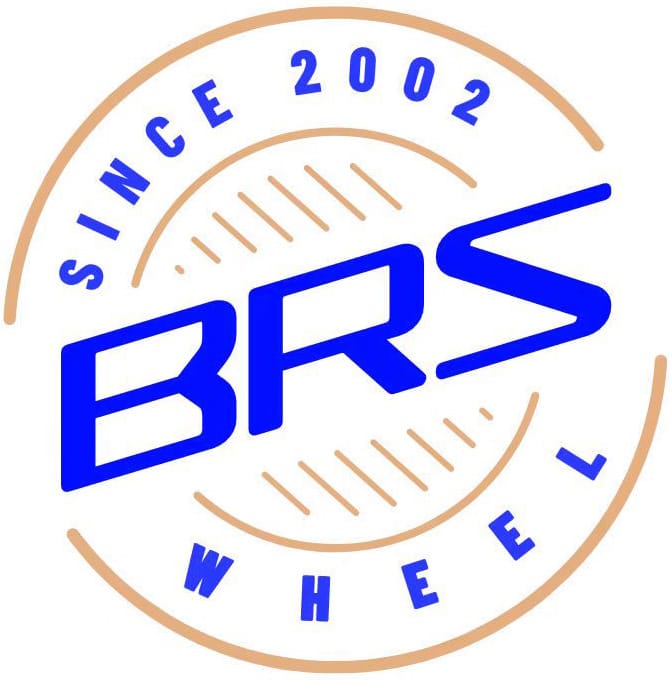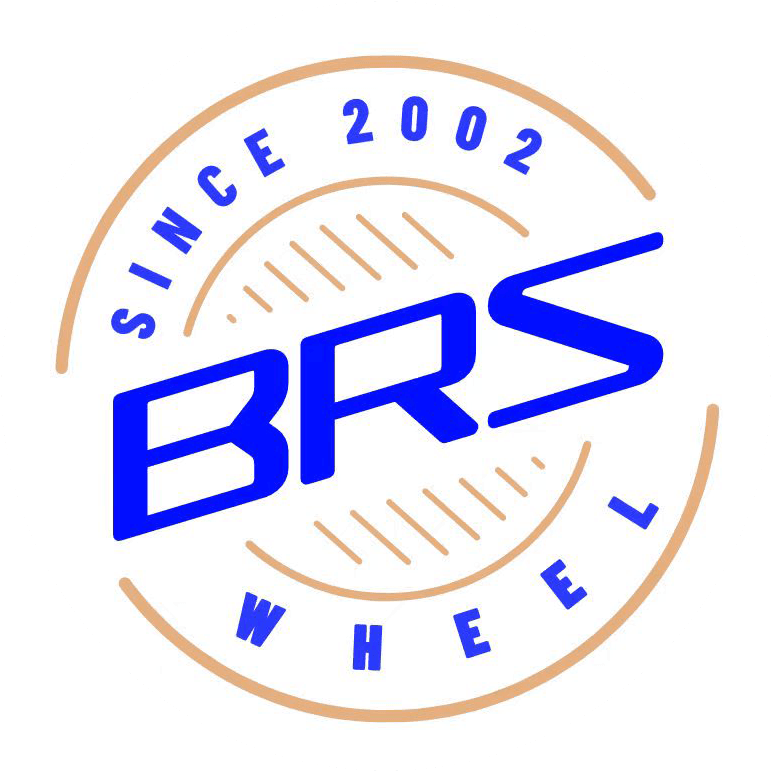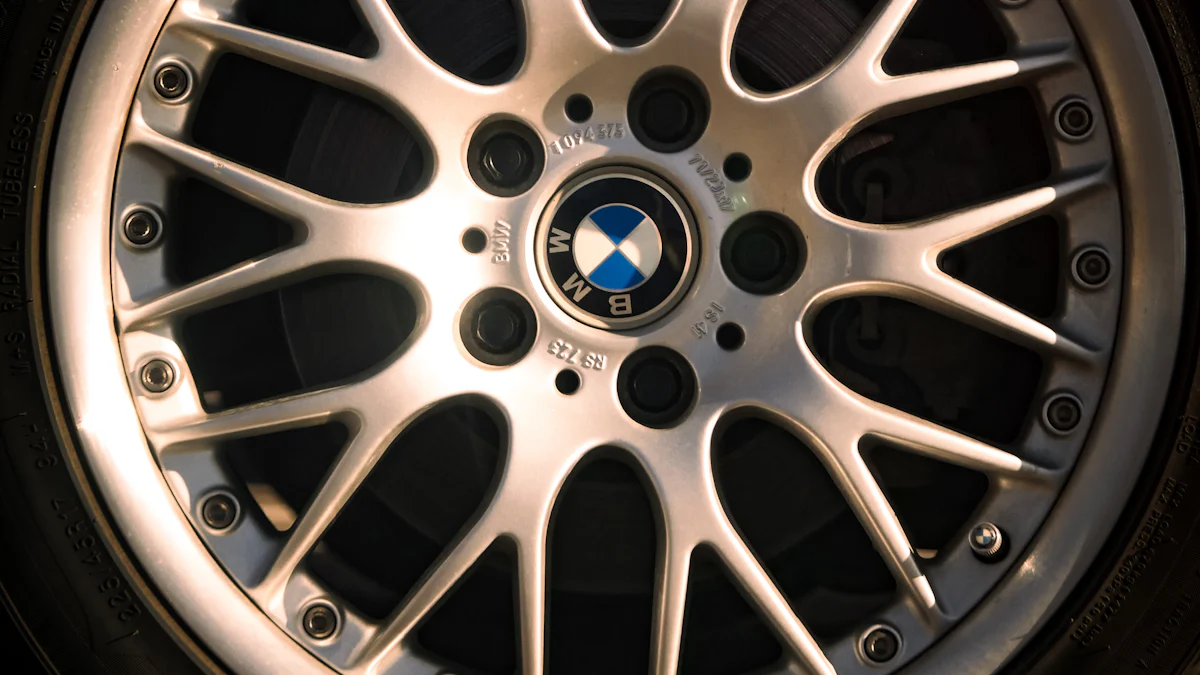
Choosing the right wheel type for your vehicle significantly impacts performance and aesthetics. You might wonder about the differences between chrome steel wheels and alloy wheels. Chrome steel wheels, known for their durability, offer a robust option for rough driving conditions. In contrast, alloy wheels dominate the market due to their lightweight nature, enhancing fuel efficiency and handling. Understanding these differences helps you make an informed decision, ensuring your vehicle meets your specific needs and preferences.
Key Takeaways
- Chrome steel wheels are known for their durability and cost-effectiveness, making them ideal for rough driving conditions.
- Alloy wheels are lighter and enhance fuel efficiency, improving vehicle handling and performance.
- Customization options are more extensive with alloy wheels, allowing for a personalized look that can elevate your vehicle’s style.
- Regular maintenance, including cleaning and inspections, is crucial for both wheel types to ensure longevity and performance.
- Consider your driving needs: choose chrome steel wheels for strength and budget, or alloy wheels for improved handling and aesthetics.
- Alloy wheels often provide better resale value due to their performance benefits and appealing designs.
Material and Construction
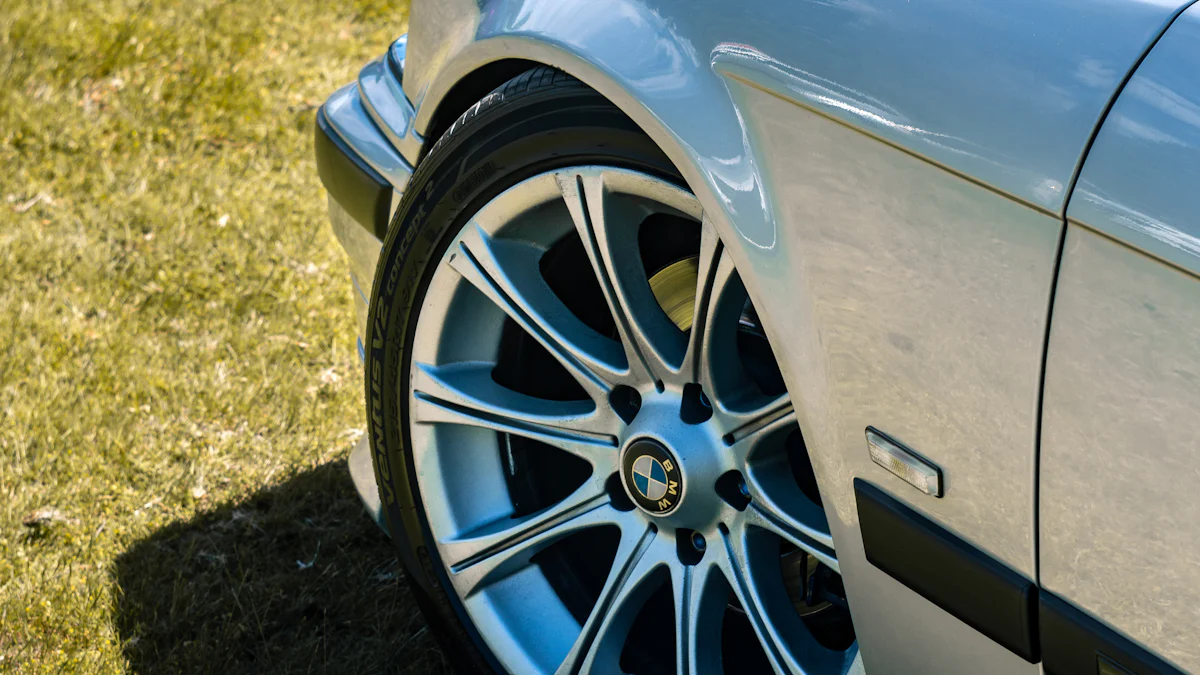
Chrome Steel Wheels
When you consider chrome steel wheels, you focus on their robust construction. These wheels are crafted from steel, a material known for its strength and durability. Manufacturers often apply a layer of chromium to the steel, giving the wheels a shiny, reflective finish. This chrome plating not only enhances the aesthetic appeal but also adds a layer of protection against corrosion.
Key Features of Chrome Steel Wheels:
- Durability: Steel provides a solid foundation, making these wheels less prone to bending or cracking under pressure.
- Cost-Effectiveness: Generally, chrome steel wheels are more affordable compared to other types, offering a budget-friendly option without compromising on strength.
- Repairability: If damaged, you can easily repair these wheels, thanks to the flexibility of steel.
In the automotive wheel market, chrome steel wheels have been a staple due to their ability to withstand harsh driving conditions. Their construction ensures they remain a reliable choice for many vehicle owners.
Alloy Wheels
Alloy wheels, on the other hand, are made from a blend of metals, typically aluminum or magnesium. This composition results in a lighter wheel compared to chrome steel wheels. The manufacturing process involves casting or forging, which allows for intricate designs and a seamless structure.
Advantages of Alloy Wheels:
- Lightweight: The reduced weight of alloy wheels improves fuel efficiency and enhances vehicle handling, making them ideal for performance-oriented drivers.
- Heat Dissipation: Alloy wheels excel in dissipating heat, which helps in maintaining brake performance and extending the lifespan of the braking system.
- Aesthetic Variety: You can find alloy wheels in a wide range of designs and finishes, allowing for greater customization to match your vehicle’s style.
The versatility and performance benefits of alloy wheels make them a popular choice in the automotive industry. They cater to those who prioritize both functionality and style in their vehicle’s wheels.
Performance and Durability
Strength and Load Capacity
When you evaluate the strength and load capacity of wheels, chrome steel wheels stand out for their robustness. Steel, known for its high density, provides a solid foundation. This makes chrome steel wheels less likely to bend or crack under pressure. They can handle heavy loads, making them ideal for vehicles that frequently carry substantial weight.
In contrast, alloy wheels, crafted from a blend of metals like aluminum or magnesium, offer a different kind of strength. Although lighter, they possess approximately five times the impact resistance of regular steel wheels. This means they can absorb shocks better, which is beneficial for performance-oriented driving. However, their lighter weight might not support as much load as chrome steel wheels.
Rust Resistance and Longevity
Rust resistance plays a crucial role in the longevity of wheels. Chrome steel wheels benefit from a layer of chromium plating, which provides a shiny finish and acts as a protective barrier against corrosion. This feature enhances their lifespan, especially in environments prone to moisture and road salt.
Alloy wheels, on the other hand, naturally resist rust due to their aluminum content. Aluminum does not rust like steel, which contributes to the longevity of alloy wheels. However, they may still suffer from oxidation, which can affect their appearance over time. Regular maintenance helps in preserving their look and performance.
Aesthetic Appeal
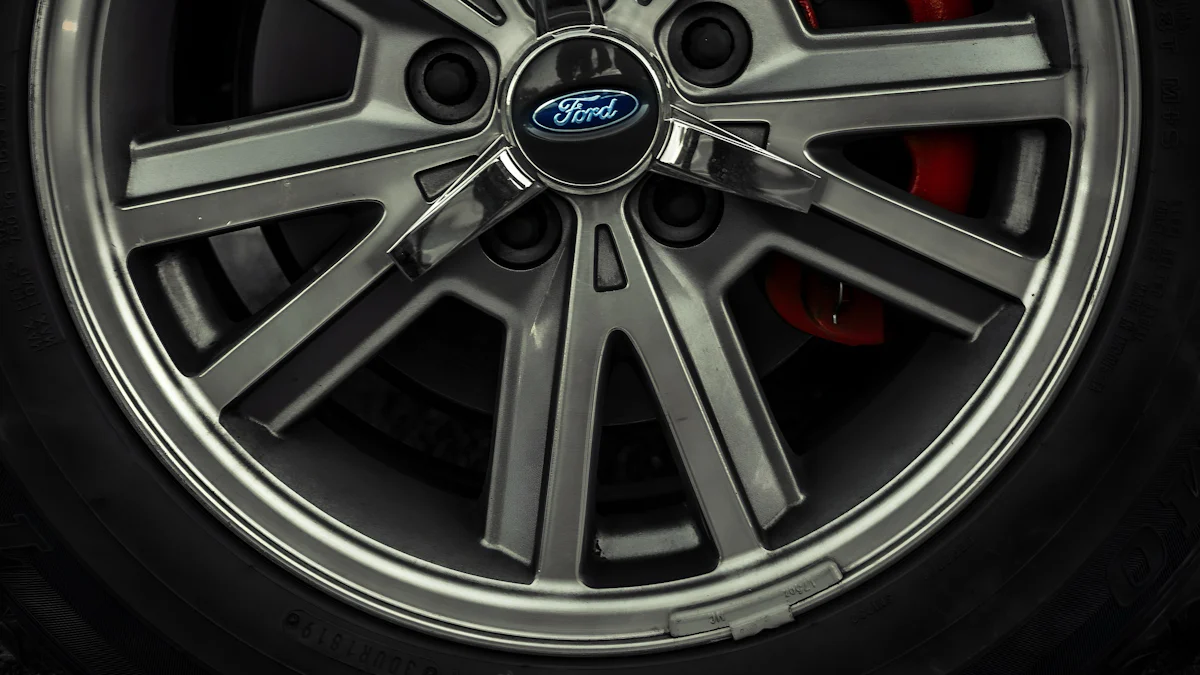
Visual Differences
When you look at wheels, the visual differences between chrome steel wheels and alloy wheels become apparent. Chrome steel wheels often feature a shiny, reflective finish due to their chromium plating. This gives them a classic and polished appearance, which many find appealing for its timeless elegance. The chrome finish not only enhances the wheel’s look but also adds a layer of protection against corrosion.
In contrast, alloy wheels offer a diverse range of designs and finishes. Their manufacturing process allows for intricate patterns and unique styles, catering to various aesthetic preferences. Whether you prefer a sleek, modern look or a more aggressive design, alloy wheels provide options that can transform the appearance of your vehicle. This variety makes them a popular choice for those who want to personalize their cars.
Customization Options
Customization plays a significant role in the appeal of wheels. With chrome steel wheels, customization options might be limited to different sizes and basic designs. However, their classic look can complement many vehicle styles, making them a versatile choice.
Alloy wheels, on the other hand, excel in customization. You can choose from a wide array of colors, finishes, and designs. This flexibility allows you to match your wheels to your vehicle’s color scheme or create a standout feature. Many aftermarket wheels come in styles ranging from classic to modern, ensuring that you find the perfect match for your taste. The ability to customize alloy wheels enhances not only the vehicle’s aesthetics but also its overall value.
“Customer preferences have shifted towards visually appealing wheels with distinctive finishes and branded designs,” highlighting the importance of customization in today’s automotive market.
Maintenance Requirements
Care and Upkeep
Maintaining your wheels properly ensures their longevity and performance. Regular care involves several key practices. First, you should check the tire pressure frequently. Properly inflated tires not only enhance safety but also improve fuel efficiency. You can increase tire life by rotating them every 3,000 miles for the first half of their tread life. Afterward, rotate them every 6,000 to 8,000 miles. This practice helps in distributing wear evenly across all tires.
Cleaning your wheels regularly is another essential aspect of upkeep. Use a mild soap and water solution to remove dirt and brake dust. Avoid harsh chemicals that could damage the wheel’s finish. For chrome steel wheels, ensure that the chrome plating remains intact to prevent rust. Alloy wheels, while resistant to rust, may suffer from oxidation. Regular cleaning helps maintain their appearance and performance.
Common Issues and Solutions
Wheels can encounter several common issues. One frequent problem is uneven tire wear. This often results from improper tire pressure or misalignment. Regularly checking and adjusting tire pressure can mitigate this issue. If you notice uneven wear, consider having your wheel alignment checked and corrected.
Another issue is corrosion, particularly with chrome steel wheels. The chrome layer can chip, exposing the steel to moisture and leading to rust. To address this, inspect your wheels for any signs of damage. If you find any, repair them promptly to prevent further deterioration. Alloy wheels, although resistant to rust, can oxidize. Applying a protective wax can help preserve their finish.
Lastly, be aware of potential damage from road hazards like potholes. Both chrome steel and alloy wheels can suffer from dents or cracks. If you experience a rough ride or notice visible damage, have your wheels inspected by a professional. Timely repairs can prevent more severe issues and ensure your vehicle remains safe to drive.
Cost Considerations
When choosing between chrome steel wheels and alloy wheels, understanding the cost implications is crucial. Both initial purchase price and long-term value play significant roles in your decision-making process.
Initial Purchase Price
Chrome Steel Wheels: Typically, chrome steel wheels offer a more budget-friendly option. Their construction from steel, a readily available material, contributes to their affordability. If you prioritize durability without a hefty price tag, chrome steel wheels might be your go-to choice.
Alloy Wheels: On the other hand, alloy wheels generally come with a higher initial cost. The use of aluminum or magnesium alloys, known for their lightweight and aesthetic appeal, adds to their price. However, this investment often translates into enhanced performance and a premium look, which many consumers find appealing.
Long-term Value
Durability and Maintenance: Chrome steel wheels excel in durability, making them a cost-effective choice over time. Their robust nature means fewer replacements and repairs, saving you money in the long run. Regular maintenance, such as cleaning and checking for rust, ensures they remain in good condition.
Performance and Aesthetics: Alloy wheels, while initially more expensive, offer significant long-term benefits. Their lightweight nature improves fuel efficiency and handling, potentially reducing fuel costs. Additionally, their resistance to rust and corrosion means they maintain their appearance longer, preserving their value.
Resale Value: Vehicles equipped with alloy wheels often enjoy a higher resale value. The aesthetic and performance advantages of alloy wheels make them a desirable feature for potential buyers, enhancing your vehicle’s market appeal.
FAQs
When choosing between chrome steel wheels and alloy wheels, you might have several questions. Here are some frequently asked questions to help you make an informed decision.
Does chrome plating make my wheels heavier?
Chrome plating adds a layer of chromium to the wheel’s surface, enhancing its appearance and providing corrosion resistance. However, this process does not significantly increase the wheel’s weight. The weight difference is less than 1%, ensuring that your vehicle’s performance remains unaffected.
Can forged wheels have porosity or pitting?
Forged wheels typically do not exhibit porosity or pitting. These wheels undergo a manufacturing process that minimizes such defects. However, surface contamination during forging can occasionally lead to pit marks. Proper cleaning of the stock used for forging is crucial to prevent these issues. While rare, if you notice any pitting, it may result from impurities in the aluminum alloy or surface corrosion.
Why do raw or chrome wheels get corrosion?
Corrosion occurs when metal reacts with its environment, leading to deterioration. Aluminum, commonly used in alloy wheels, is reactive but also forms a protective oxide layer that prevents further reaction. This layer makes aluminum a passive metal, reducing the risk of corrosion. Chrome wheels, with their protective chromium layer, also resist corrosion effectively. Regular maintenance, such as cleaning and inspecting for damage, helps preserve the wheels’ integrity.
Are alloy wheels more prone to damage than chrome steel wheels?
Alloy wheels, made from lighter materials like aluminum, offer excellent performance benefits. However, they may be more susceptible to damage from road hazards compared to the denser chrome steel wheels. While alloy wheels provide better impact resistance, their lighter weight might not withstand heavy loads as effectively as chrome steel wheels. Regular inspections and careful driving can help mitigate potential damage.
Which type of wheel offers better fuel efficiency?
Alloy wheels generally improve fuel efficiency due to their lightweight nature. By reducing the overall weight of your vehicle, alloy wheels enhance handling and reduce fuel consumption. This makes them an ideal choice for those prioritizing performance and efficiency. Chrome steel wheels, while heavier, offer durability and strength, making them suitable for vehicles carrying substantial loads.
By understanding these aspects, you can choose the wheel type that best suits your needs and preferences. Whether you prioritize durability, aesthetics, or performance, both chrome steel and alloy wheels offer unique advantages.
In your journey to choose between chrome steel wheels and alloy wheels, consider the key points discussed. Chrome steel wheels offer durability and cost-effectiveness, making them ideal for rough conditions. Alloy wheels, with their lightweight and aesthetic variety, enhance performance and style. Your decision should align with your specific needs and preferences. If you prioritize strength and budget, chrome steel wheels might suit you best. For those seeking improved handling and customization, alloy wheels could be the way to go. Ultimately, the choice depends on your driving needs and personal taste.
FAQ
How do I determine what kind of wheels I have?
To identify your wheel type, you can refer to a Wheel Type Guide. This guide will help you distinguish between chrome steel and alloy wheels by examining their material, finish, and design characteristics. Look for specific features like the shiny chrome plating on steel wheels or the intricate designs typical of alloy wheels.
Are chrome steel wheels heavier than alloy wheels?
Yes, chrome steel wheels generally weigh more than alloy wheels. Steel’s density contributes to this weight difference. While this adds durability, it may affect fuel efficiency and handling compared to the lighter alloy wheels.
Do alloy wheels improve my vehicle’s performance?
Alloy wheels can enhance your vehicle’s performance. Their lightweight nature improves handling and fuel efficiency. Additionally, they dissipate heat better, which helps maintain brake performance during intense driving conditions.
Can I customize chrome steel wheels?
Customization options for chrome steel wheels are somewhat limited. You can choose different sizes and basic designs. However, their classic look complements many vehicle styles, offering a versatile choice for those who prefer a timeless appearance.
Why do alloy wheels resist rust better than chrome steel wheels?
Alloy wheels resist rust due to their aluminum content. Aluminum forms a protective oxide layer that prevents further corrosion. Chrome steel wheels rely on a chromium layer for protection, which can chip and expose the steel to rust if not maintained properly.
What maintenance do alloy wheels require?
Alloy wheels require regular cleaning to prevent oxidation. Use mild soap and water to remove dirt and brake dust. Avoid harsh chemicals that could damage the finish. Applying a protective wax can help preserve their appearance and performance.
Are chrome steel wheels more cost-effective in the long run?
Chrome steel wheels offer cost-effectiveness due to their durability. They require fewer replacements and repairs over time. Regular maintenance, such as cleaning and checking for rust, ensures they remain in good condition, providing long-term value.
Which wheels offer better resale value for my vehicle?
Vehicles equipped with alloy wheels often enjoy higher resale value. The aesthetic and performance advantages of alloy wheels make them a desirable feature for potential buyers, enhancing your vehicle’s market appeal.
How do I prevent corrosion on my wheels?
To prevent corrosion, regularly clean your wheels and inspect them for damage. For chrome steel wheels, ensure the chrome plating remains intact. For alloy wheels, apply a protective wax to maintain their finish and prevent oxidation.
What should I do if my wheels get damaged?
If your wheels suffer damage from road hazards like potholes, have them inspected by a professional. Timely repairs can prevent more severe issues and ensure your vehicle remains safe to drive. Regular inspections and careful driving can help mitigate potential damage.
- Posted In:General
